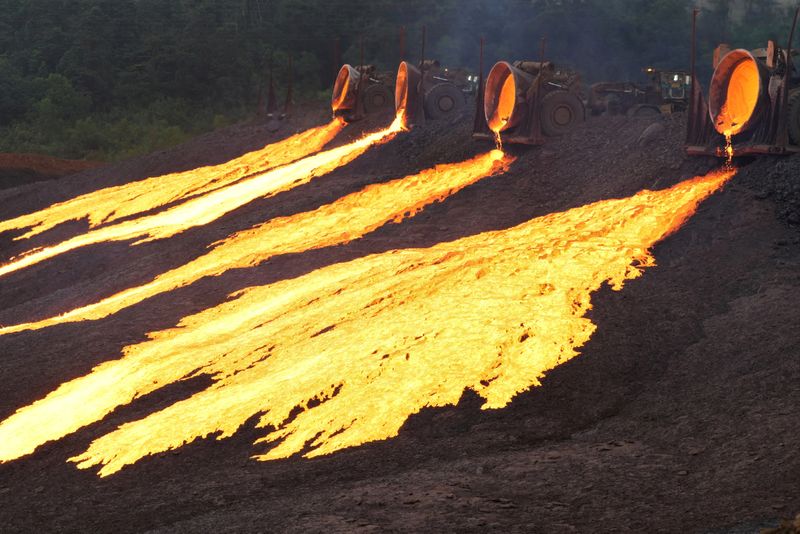
By Fransiska Nangoy
JAKARTA (Reuters) – Chinese companies are in talks with potential investors to reduce their stakes in Indonesian nickel smelters amid efforts to make their products eligible for U.S. electric vehicle tax credits, an Indonesian official said on Friday.
Under the U.S. Inflation Reduction Act, to be eligible for an electric vehicle (EV) tax cut, materials for an EV or batteries must be supplied by firms with not more than 25% ownership by a “foreign entity of concern”, which applies to companies from China, Russia, North Korea and Iran.
Indonesia, the world’s biggest producer of nickel, has been negotiating a critical mineral deal with Washington so that its nickel can be included in the supply chain recognised by the IRA.
But the Southeast Asian nation’s nickel industry is dominated by Chinese companies such as Tshingshan Holding Group, Zhejiang Huayou Cobalt and Lygend Resources and Technology.
Chinese companies are approaching Indonesian and South Korean firms for potential partnerships in high-pressure acid leaching (HPAL) plants under construction and those in the planning stage, Septian Hario Seto, a Deputy Coordinating Minister for Maritime and Investment Affairs told Reuters on Friday.
HPAL is a method for producing nickel material used in EV batteries from nickel ore.
The intention is to reduce the Chinese companies’ stakes and be eligible for the tax credits in the U.S. market, said Seto, who oversees the mining sector at the coordinating ministry, adding Indonesian companies are also seeking majority shares in such projects.
“The Chinese company will act as the technology provider, the Indonesian investors as the ones to provide the nickel ore and the Korean investors would be the off-takers,” he said.
The Financial Times reported on Thursday Indonesia’s government and industry are structuring new investment deals with Chinese companies as minority shareholders.

Seto said the efforts are business-to-business, with no government intervention.
During a visit to Jakarta last week, U.S. official Jose Fernandez said both countries’ negotiations on the critical mineral agreement were progressing positively but did not share details on timeline.
This post is originally published on INVESTING.




